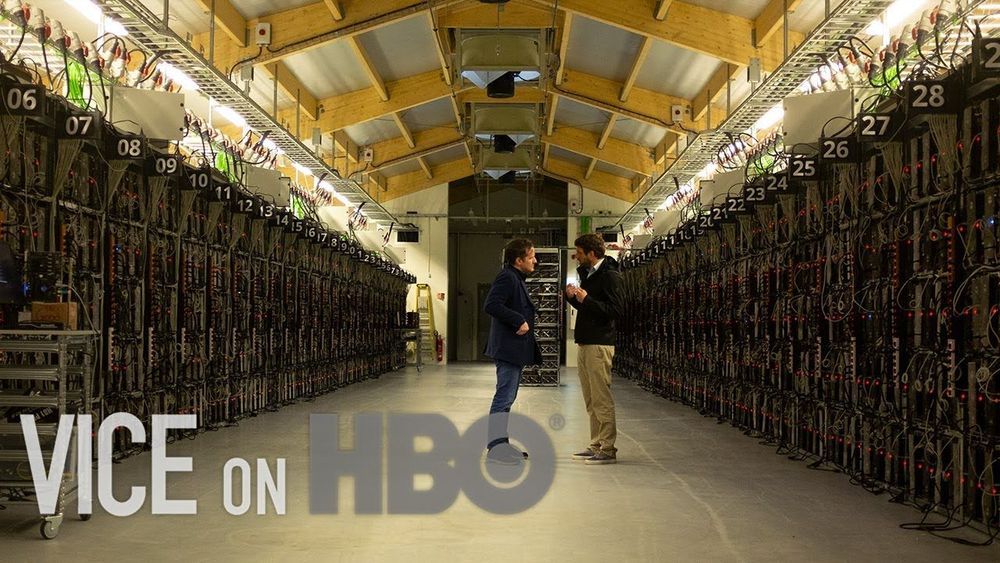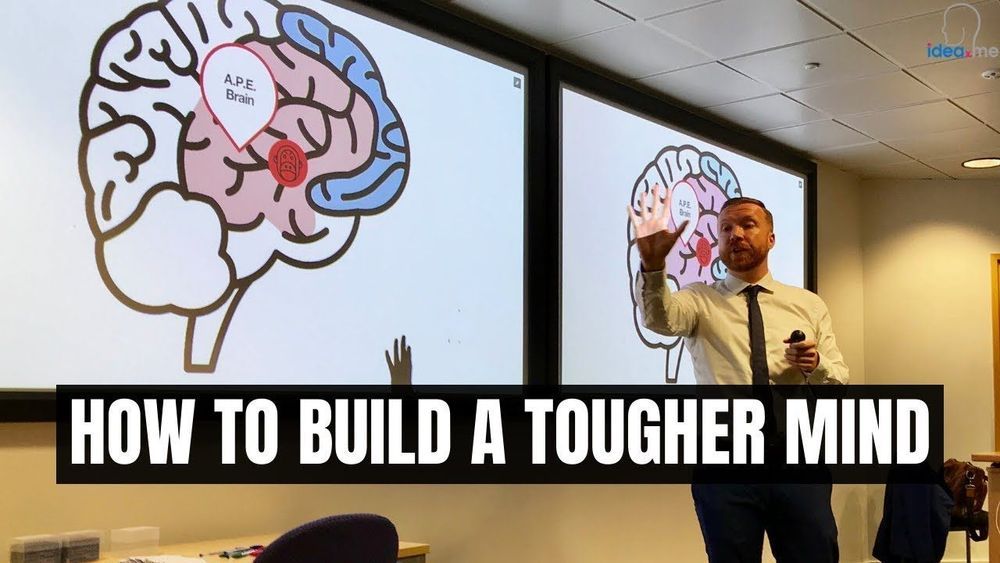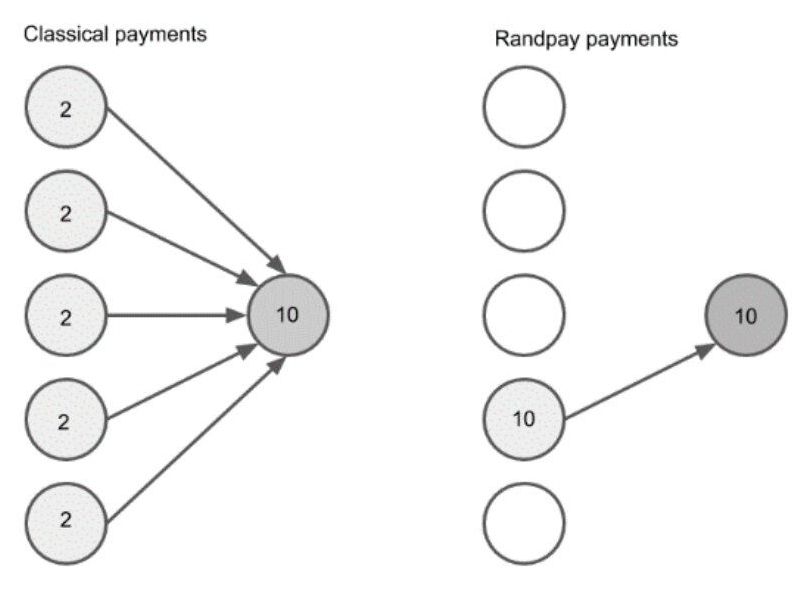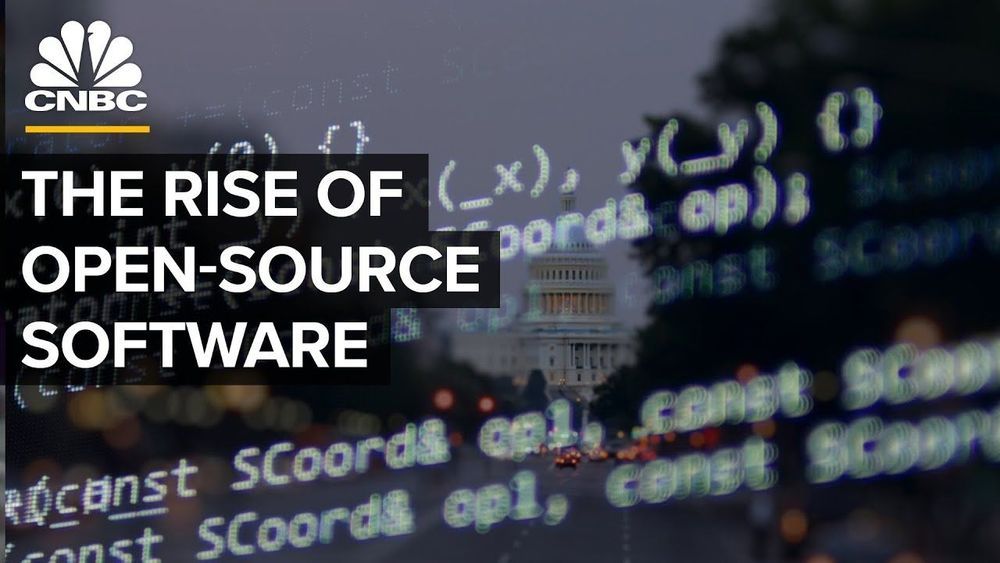Life in the digital age is raising fundamental questions about the future of business and employment and hence the strategies, skills, and abilities we need to develop to survive in the next economy. This article explores two key changes that we need to start developing a core of capabilities for – namely the quest for exponential growth and the growing use of corporate venturing.
Why are these becoming important? Well, technology and the thinking it enables are driving new ideas and experiments on commercial strategies, the shape and structure of organisations, business models, and the relationship with extended ecosystems of partners. Both strategies are seen as options to drive growth and accelerate the realisation of market opportunities.
Exponential thinking is seen as a fast track approach to driving business innovation and growth. We are used to the idea of exponential growth in many fields of science and technology. For example, Moore’s Law in information technology tells us that the amount of computer power we can buy for £1,000 doubles every 18–24 months. This has inspired digital innovators to try and grow their business at the same pace or faster than the underlying technologies. The broader business world is taking notice. The stellar rates of development and growth we are witnessing for some exponential businesses in the digital domain are encouraging many organisations across literally every sector from banking to aviation to try and apply similar thinking to some or all of their activities.
Hence, it is now common to see businesses pursue a vision of doubling of revenues within three to four years and a achieving a 2-20X or more improvement in other aspects of the business. For purely digital entities, their business models are predicated on using network effects to drive exponential growth or better in user numbers and revenues. Some suggest that to embrace the exponential model, businesses must reject defined end goals and step-by-step plans in favour of such ambitious visions and develop a high tolerance of uncertainty. Typically, the exponential growth initiatives are driven through a combination of iterative task specific ‘sprints’ to define, test, refine, and deliver business changes that could result in massive performance improvements in specific areas of the business.
At the overall business level, exponential revenue growth is a function of trying a variety of experiments to take current and possible new offerings to existing and potential customers, trialling different pricing models and routes to market, and engaging ideally the whole firm in the search for new opportunities. The aim is to try a portfolio of experiments, each of which delivers a 1–2% annual improvement in revenues. The process, if repeated annually, can lead to exponential growth within a relatively short timeframe. The critical learning enablers for both exponential approaches are curiosity and the relinquishing of restraining assumptions, learning how to work at speed, a willingness to experiment, training of staff to help them become opportunity spotters and creators, and effective portfolio management.
Corporate venturing and intrapreneuring are seen as ways of buying ourselves faster learning and growth. As organisations wrestle with finding the right path to the future, we can expect a growing focus on the use of corporate venturing, or corporate venture capital. This is basically the investment of funds in external start-up companies. Typically, this is either focused on investments in firms that could enhance the core business, enterprises in adjacent sectors, or ventures that could potentially disrupt and compete with the existing entity.
This business model may become increasingly popular as firms look to these startups to help speed up knowledge acquisition, learn about new technologies, accelerate entry to new markets, or access critical skills and resources. Core to the success of such models are intrapreneurs and venture managers who can help the ventures gain the support they need from the core business without the imposition of unnecessary central processes and controls. Alongside these venture management skills, success requires internal leaders and functional heads to have the ability to collaborate with new ventures which might threaten their existing business.
We are on an uncertain path through an almost unknowable future. Experiments to test such new strategic innovation approaches are only likely to increase as the pace of change accelerates. This creates an exciting opportunity for learning and development to get ahead of the game and identify the skills we might need to drive the next waves of experimentation and change.
ABOUT THE AUTHOR:
Fast Future publishes books from future thinkers around the world exploring how developments such as AI, robotics and disruptive thinking could impact individuals, society and business and create new trillion-dollar sectors. Fast Future has a particular focus on ensuring these advances are harnessed to unleash individual potential and enable a very human future. See: www.fastfuture.com
Rohit Talwar is a global futurist, keynote speaker, author, and CEO of Fast Future where he helps clients develop and deliver transformative visions of the future. He is the editor and contributing author for The Future of Business, editor of Technology vs. Humanity and co-editor of a forthcoming book on The Future of AI in Business.
Twitter http://twitter.com/fastfuture
Blog http://blog.fastfuturepublishing.com/
LinkedIn http://www.linkedin.com/in/talwar








